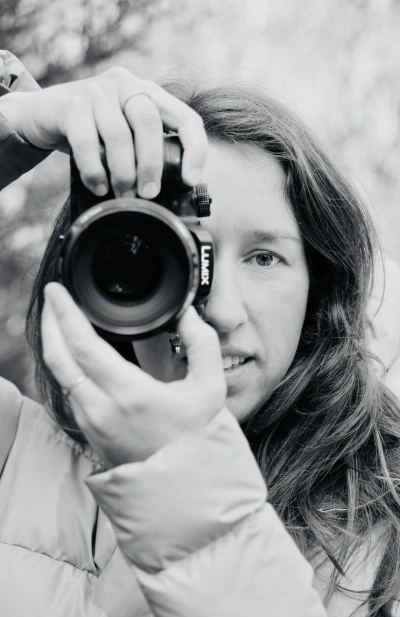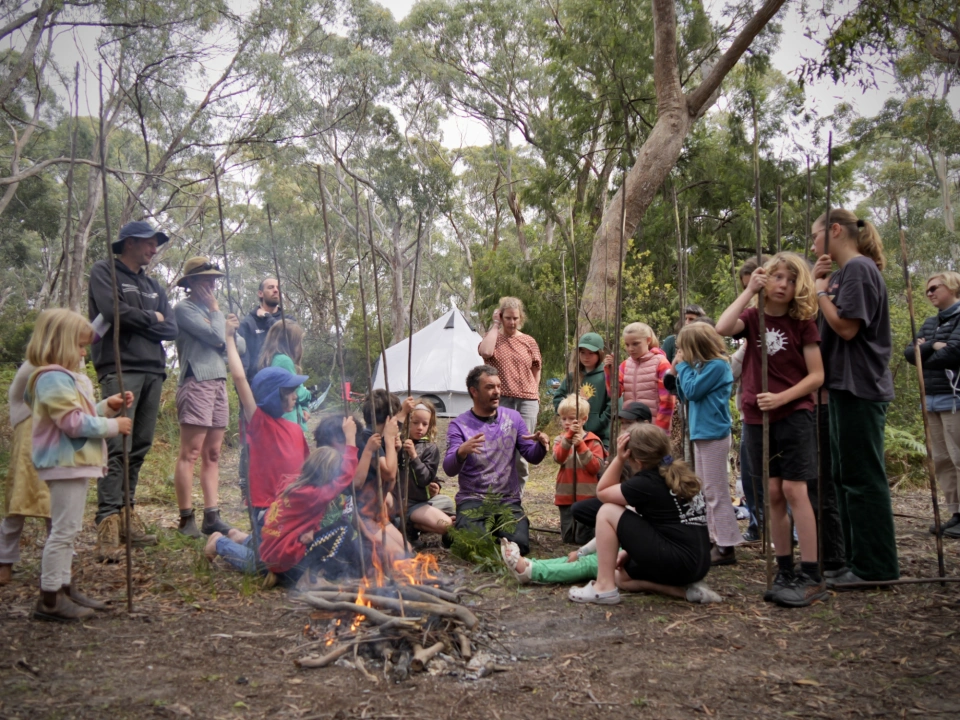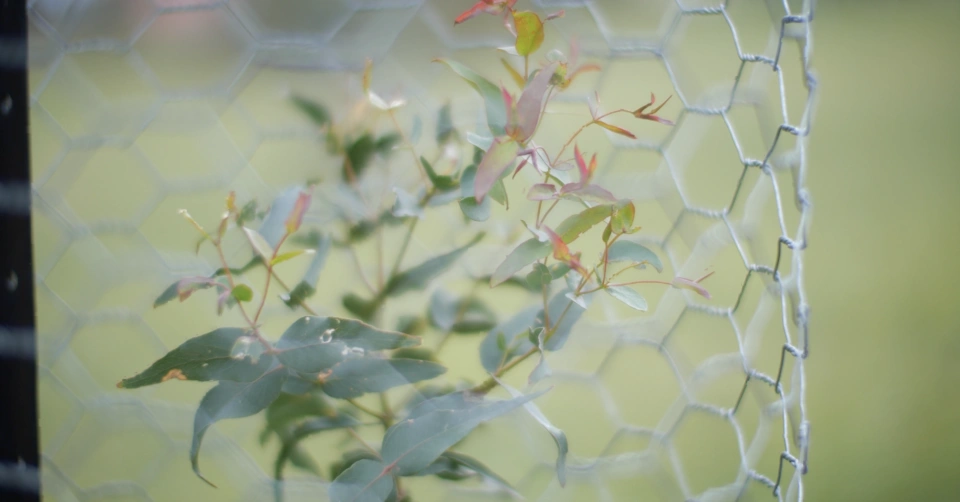Conservation •
Kuno Foundation •
Fostering Love of Earth •
Kids & Nature Program •
Empowering Collective Impact •
Bruny Island
Connection to Country with Danny Gardner
Bruny Island
Danny Gardner is a Palawa man, cultural knowledge sharer, artist and performer, committed to sharing his Aboriginal knowledge and culture with others. During a recent workshop with the Cloudy Bay Supergroms kids on Bruny Island, Danny was interviewed by filmmaker Claire Gorman and shared some of his thoughts on connection to country.
Sharing culture with anyone, regardless of their age, is super important. When you look at where Aboriginal culture or our people have come from with the battles we've had to face, my ancestors or my elders never would have thought there were opportunities for people like myself to come along to share my culture while running workshops.
When we create opportunities where kids can learn, they grow up understanding that this is why the First Nations people get upset about this bit of bushland getting destroyed. Because this bushland holds our stories. It holds our cultural knowledge, our materials. So having these workshops and educating other people, they become our allies. And Aboriginal people, we want to share our culture with the world.
If you live in Australia, you're a part of the oldest living culture in the world.
You should be so grateful that you can be a part of it. The fact that you're living on a country that has held thousands and thousands of years of cultural knowledge and sustainable knowledge, it's something pretty special to grasp and be a part of.
When we have these workshops, these kids become our allies. They're the ones that will be at the rallies. And doing this, it helps close the gap. It helps people have a better understanding of Aboriginal people's values and morals. And more so how we look at country. Because the way we look at country is different. We don't look at it and go, hey, we can make money off this or we can gain or prosper from it. We look at it and go, hey, this can provide for us if we provide that for them.
When we tell kids to go out to the bush and get a bit of bush tucker, you don't have to spend money. You have to spend a bit of your time and a bit of your care and just looking after it. You know, if you spot a bit of rubbish, it doesn't look right. It doesn't belong there. It doesn't take a lot of effort to walk over and pick that up. These are the children that are going to be keeping our country clean. And they're the ones that are going to be fighting and pressuring the government to start making some changes. And in the process, they get to engage with Aboriginal culture and Aboriginal people and help them connect with the country.
For anyone interested in doing any sort of group activities, whether it's with First Nations people or anyone, just get outdoors. This is where people can reconnect, get away from the hustle and bustle. Being able to disconnect and reconnect is an amazing thing.

Claire Gorman
Danny Gardner is a Palawa man, cultural knowledge sharer, artist and performer, committed to sharing his Aboriginal knowledge and culture with others. During a recent workshop with the Cloudy Bay Supergroms kids on Bruny Island, Danny was interviewed by filmmaker Claire Gorman and shared some of his thoughts on connection to country.
Sharing culture with anyone, regardless of their age, is super important. When you look at where Aboriginal culture or our people have come from with the battles we've had to face, my ancestors or my elders never would have thought there were opportunities for people like myself to come along to share my culture while running workshops.
When we create opportunities where kids can learn, they grow up understanding that this is why the First Nations people get upset about this bit of bushland getting destroyed. Because this bushland holds our stories. It holds our cultural knowledge, our materials. So having these workshops and educating other people, they become our allies. And Aboriginal people, we want to share our culture with the world.
If you live in Australia, you're a part of the oldest living culture in the world.
You should be so grateful that you can be a part of it. The fact that you're living on a country that has held thousands and thousands of years of cultural knowledge and sustainable knowledge, it's something pretty special to grasp and be a part of.
When we have these workshops, these kids become our allies. They're the ones that will be at the rallies. And doing this, it helps close the gap. It helps people have a better understanding of Aboriginal people's values and morals. And more so how we look at country. Because the way we look at country is different. We don't look at it and go, hey, we can make money off this or we can gain or prosper from it. We look at it and go, hey, this can provide for us if we provide that for them.
When we tell kids to go out to the bush and get a bit of bush tucker, you don't have to spend money. You have to spend a bit of your time and a bit of your care and just looking after it. You know, if you spot a bit of rubbish, it doesn't look right. It doesn't belong there. It doesn't take a lot of effort to walk over and pick that up. These are the children that are going to be keeping our country clean. And they're the ones that are going to be fighting and pressuring the government to start making some changes. And in the process, they get to engage with Aboriginal culture and Aboriginal people and help them connect with the country.
For anyone interested in doing any sort of group activities, whether it's with First Nations people or anyone, just get outdoors. This is where people can reconnect, get away from the hustle and bustle. Being able to disconnect and reconnect is an amazing thing.
You might like...

Palawa Cultural Workshop: Danny Gardner & Cloudy Bay Supergroms

Caring and connecting on North Bruny

Connecting with Nature happens early on Bruny Island

Reconnecting with Nature: The Power of Children Planting Trees for Endangered Species
Newsletter
Sign up to keep in touch with articles, updates, events or news from Kuno, your platform for nature



